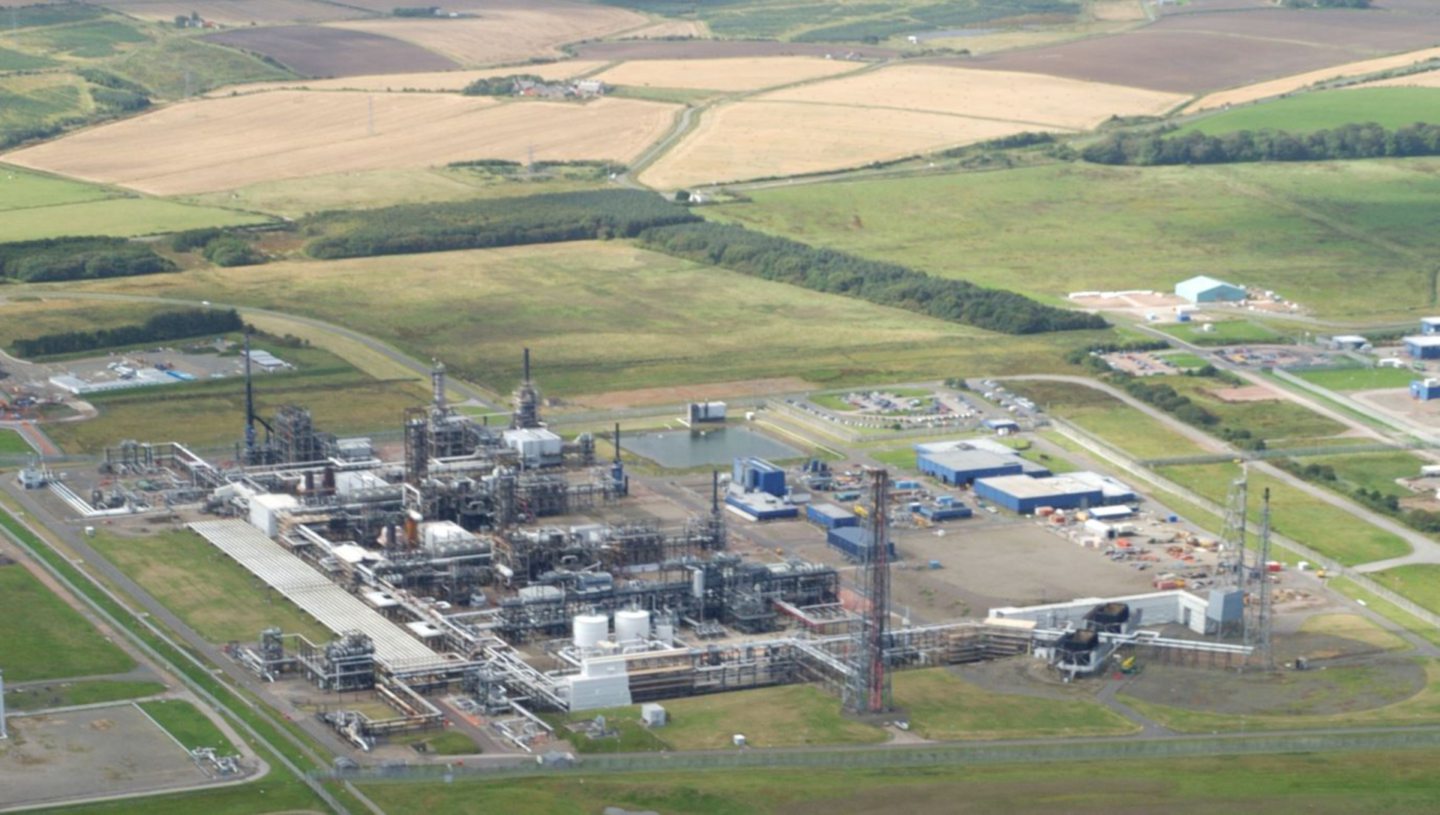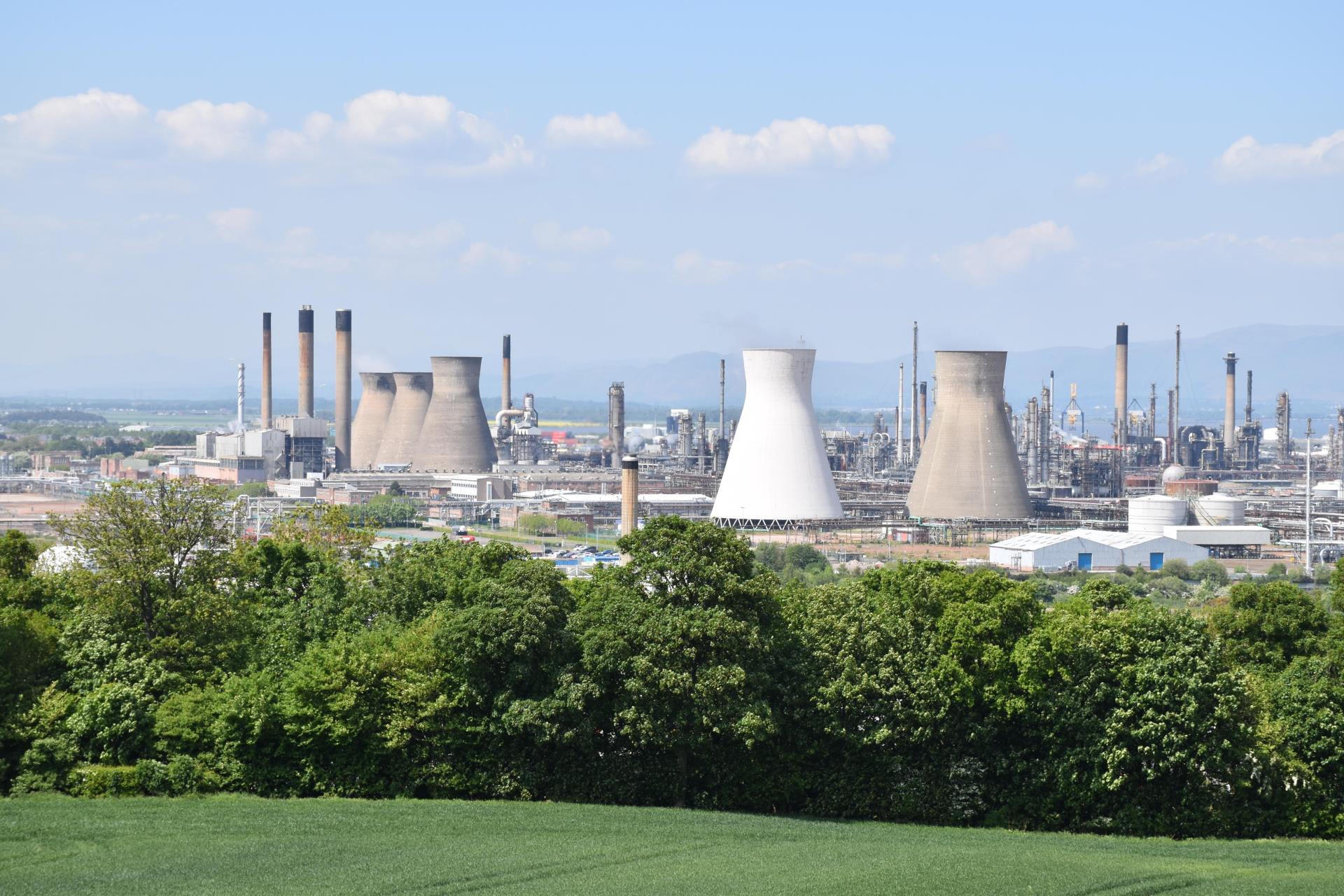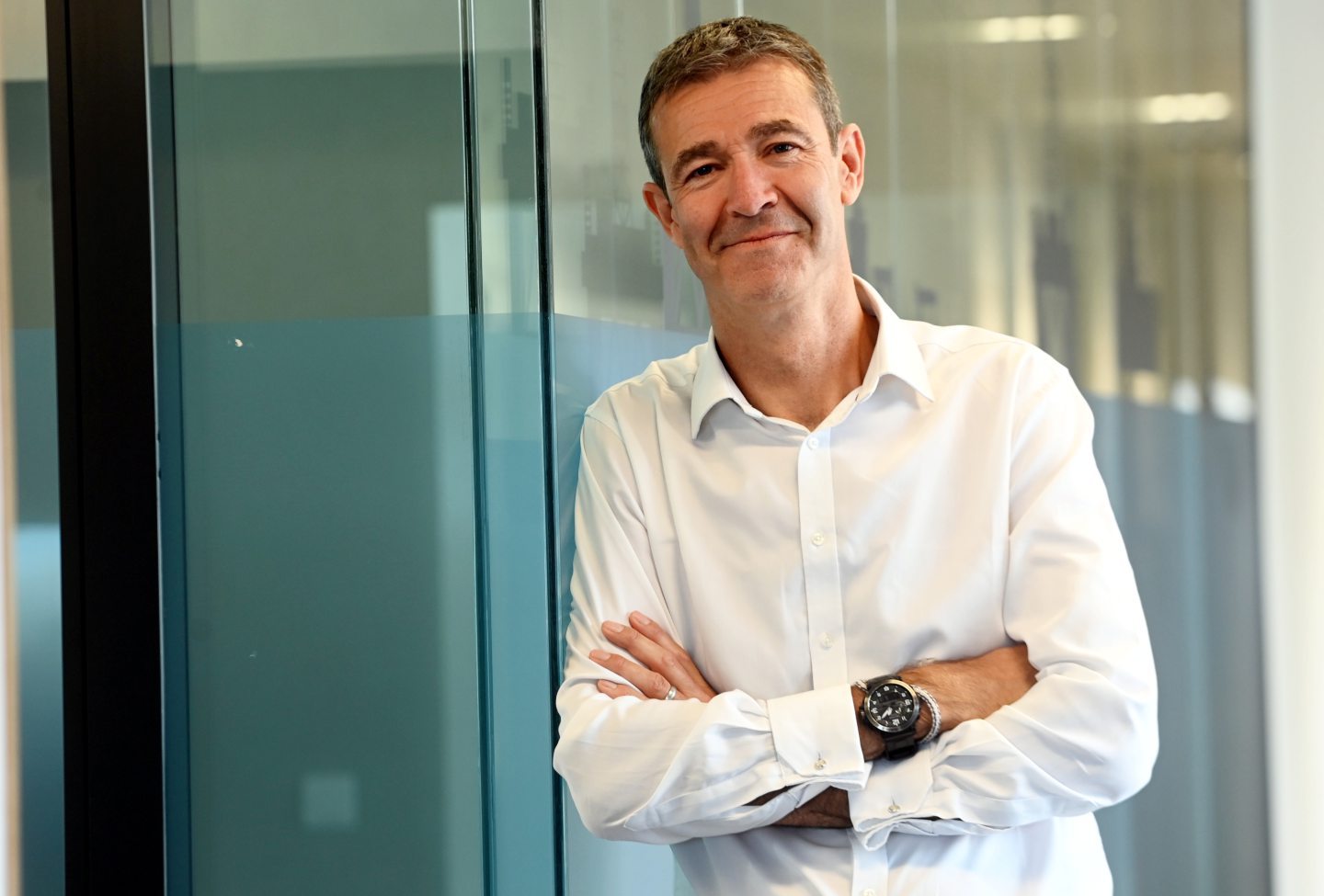
The Acorn CCS project in Aberdeenshire is expected to get a long-awaited funding pledge during a visit from the Prime Minister this week.
Expected to create 21,000 jobs in the first phase, Acorn at St Fergus has been awaiting funding since losing out on the first “track” of a £1bn government competition in 2021.
Prime Minister Rishi Sunak is expected in Aberdeenshire tomorrow for the announcement.
It’s part of the UK Government’s “Energy Week“, with a press release issued Sunday morning stating support will be offered for UK carbon capture and storage.
Acorn CCS will use infrastructure at the St Fergus terminal – which lands about 25% of the UK’s supply – to send CO2 underground into depleted gas reservoirs in the North Sea.
It is the backbone of the “Scottish Cluster” development and seen as vital for Scotland and the wider UK to reach net zero targets.
Banff and Buchan MP David Duguid said: “I’m delighted the Acorn project at St Fergus has been selected for development in Track 2.
“It will be great to welcome the Prime Minister to my constituency to mark a monumental moment in progressing towards the UK’s net zero goals.
“The Acorn CCS and Hydrogen project is critical for decarbonising the industry across Scotland, but also to support a new CCS Power Station to replace the existing one at Peterhead – the only dispatchable thermal power station north of Leeds.”
He added: “I now look forward to continuing to support this project in its journey to becoming operational and contributing to our net zero objectives while still keeping the lights on and the economy moving.”
SNP Westminster leader and Aberdeen South MP Stephen Flynn said Friday that “patience is growing thin” with the UK Gov the delays to funding.
CCS
Stuart Haszeldine, Professor of Carbon Capture and Storage at Edinburgh University, said:” If the Acorn project can now enter full development, this will be transformative for the decarbonisation of industry and economy in Scotland and the northern UK.
“For many years this project has been ready to start and offers a low risk to business by incremental development gradually adding in additional sources of CO2, and by large cost savings from re-use of existing pipelines and engineering facilities. The proposed geological storage site 100km offshore is geologically exceptionally secure and is one of the most intensively investigated in the world.”
Acorn has potenial to unlock decarbonisation from different industries, such as Grangemouth petrochemicals and ethylene at Mossmorran.
New industries can also develop – such as chemically splitting up to one third of UK methane natural gas supply at St Fergus to remove CO2 and produce clean blue hydrogen – to power industry, heavy road and rail transport, and potentially convert many homes to cleaner heating
Haszeldine added: “But its also essential to ensure that this carbon storage with Acorn is a genuine decrease of emissions. Storage of 2 or 5 million tonnes CO2 per year should not become a policy excuse to release many tens million tonnes per year from development of new oil and gas extraction. Energy security will come from insulation, efficiency, and renewables.
“Lower consumer prices will not be delivered by repackaging the high carbon past as a popular avoidance of bigger decisions.”
Acorn is being developed by Storegga, which owns 30% of the project. Partners Shell and Harbour Energy each hold another 30%, with the remaining 10% held by North Sea Midstream Partners.
Last year, Storegga CEO Nick Cooper told Energy Voice that the project will have “positive shockwaves” for the region, with tens of thousands of jobs directly and through the supply chain.
Storegga had planned first injection in 2026, though Mr Cooper did discuss the risks of delays: “The longer the government leaves us in this ambiguous situation, the later we can start.”
The first phase of Acorn – a multi-billion pound project – will see 5-6 million tonnes of CO2 stored, but there’s geological potential to “easily” ramp that up to 20 million tonnes per year and even double that again to 40 million tonnes, matching the current global total.
Energy Week and Acorn CCS
The announcement is part of “Energy Week” – with Prime Minister Rishi Sunak and Energy Security Secretary Grant Shapps to deliver a series of announcements aimed to “strengthen UK energy independence”.
Part of the Energy Week will include investment plans “to put powering up Britain from Britain first” – making the most of the UK’s domestic resources.
This will reduce reliance on imported fossil fuels “by backing our oil and as industry, investing in the latest clean technologies and isolating Putin’s regime from global energy markets.
The UK Government said it builds on years of “critical support” for North Sea oil and gas, which each year contributes £17billion to the UK economy.
Discussions with industry leaders through the week will be to ensure the UK “is capitalising on opportunities to bolster our energy infrastructure now, and boosting our long-term energy independence, security and prosperity in the years to come”.
The move comes as the UK faces pressure from activists not to approve new oil and gas fields, like the Rosebank project in the West of Shetland.
Recommended for you


 © Supplied by Shell
© Supplied by Shell © Supplied by Press & Journal
© Supplied by Press & Journal © Supplied by Ineos
© Supplied by Ineos © Supplied by DC Thomson/ Chris Su
© Supplied by DC Thomson/ Chris Su © Thomas Krych/ZUMA Press Wire/Shutterstock
© Thomas Krych/ZUMA Press Wire/Shutterstock